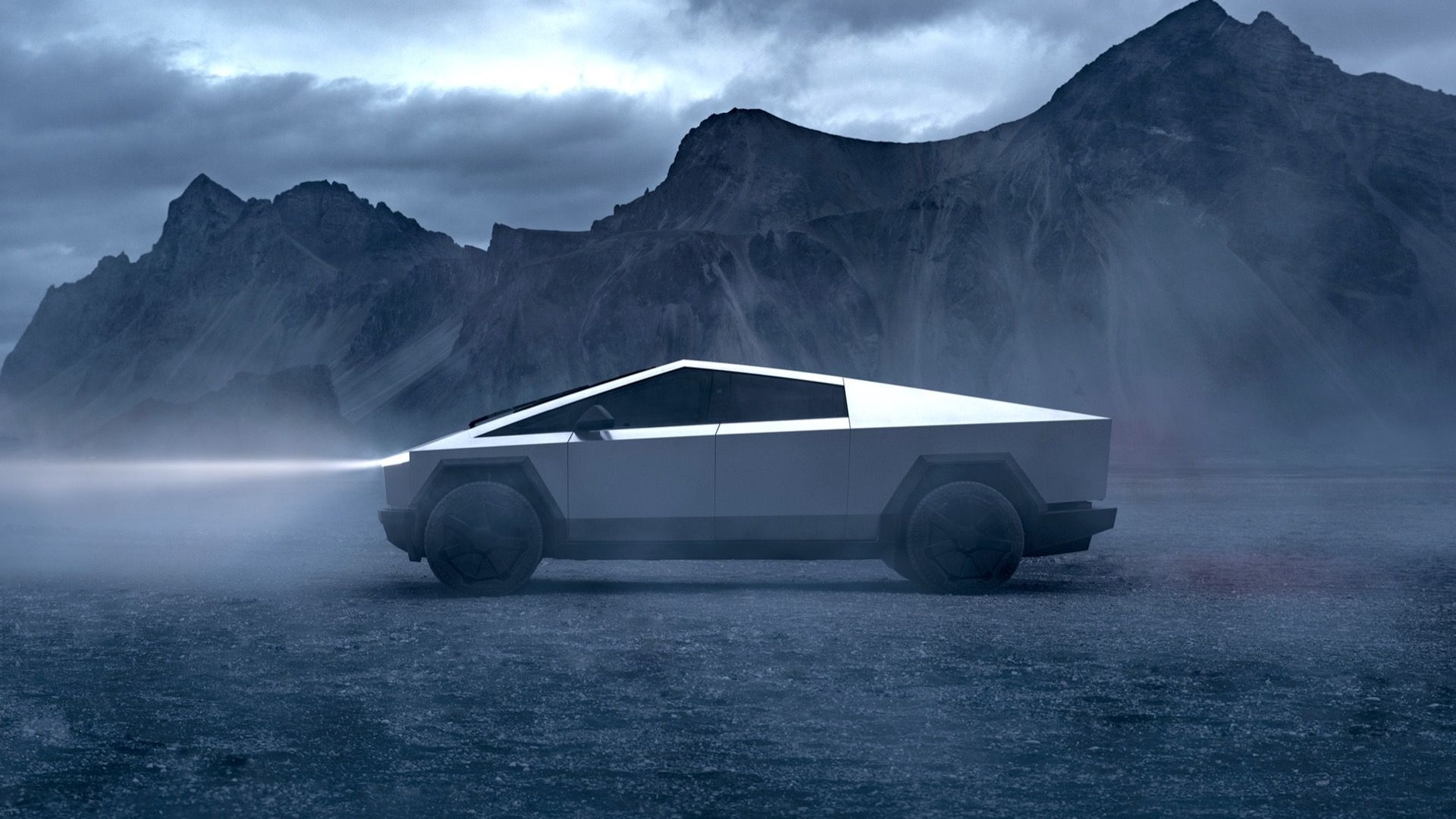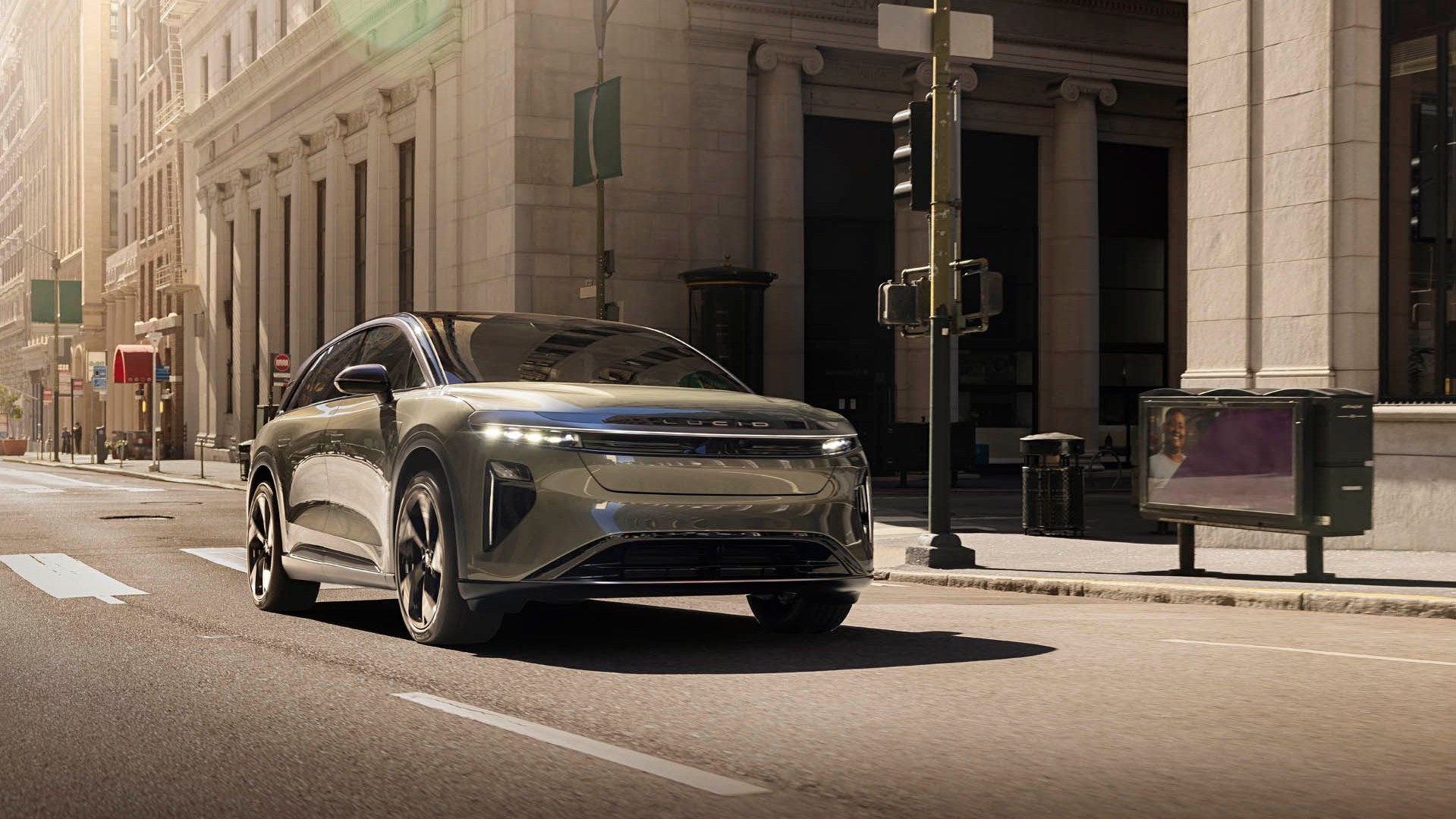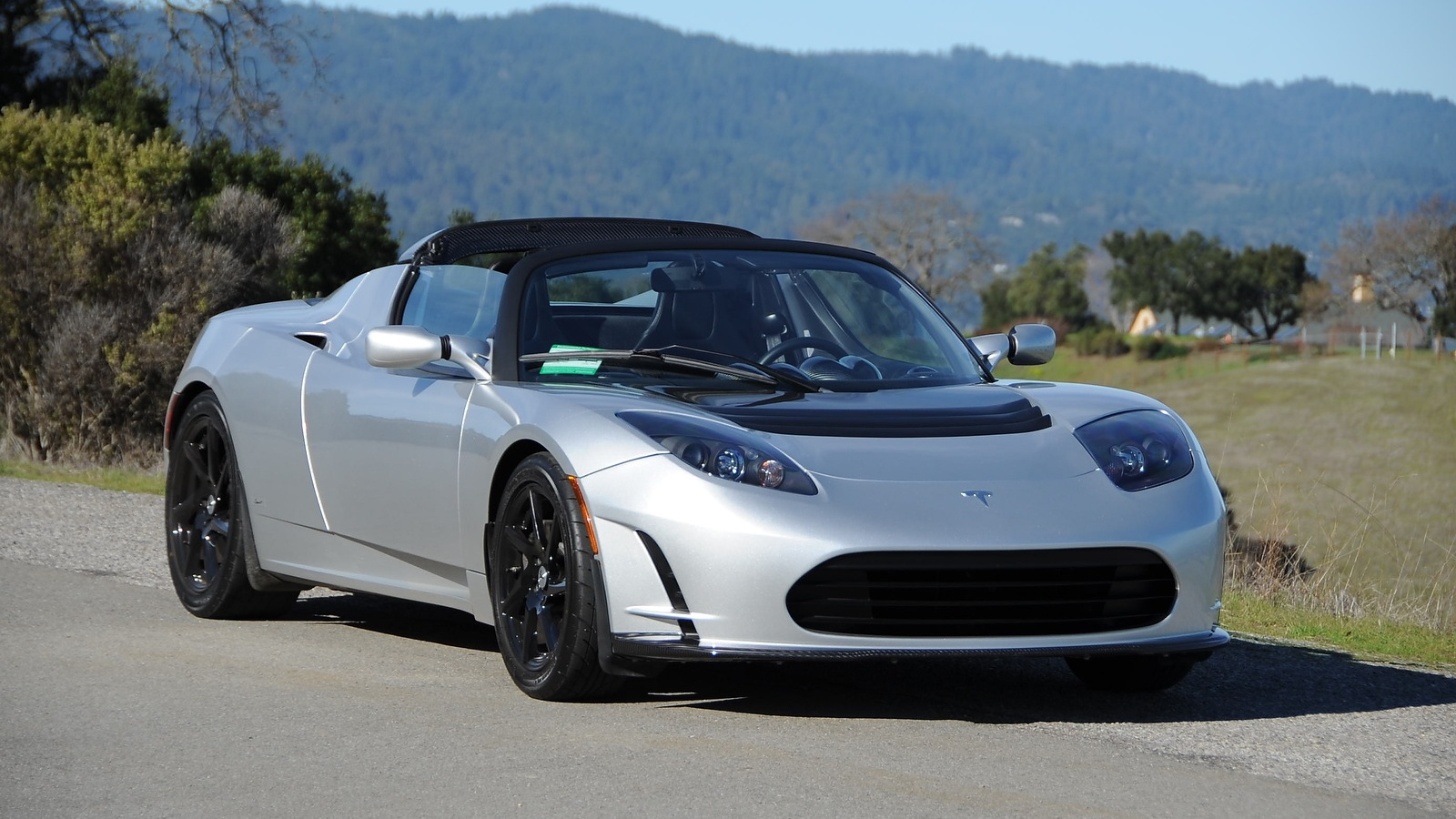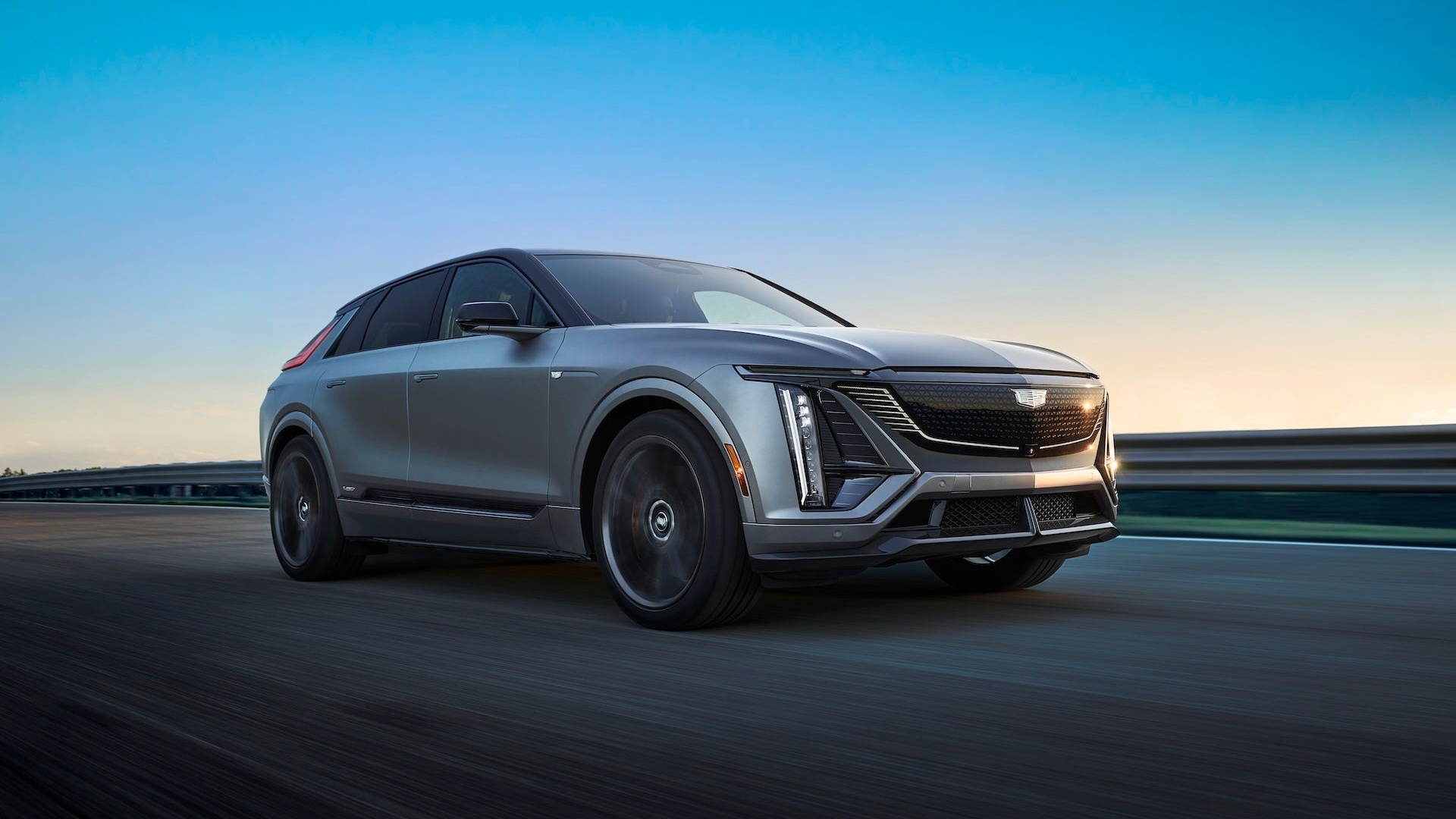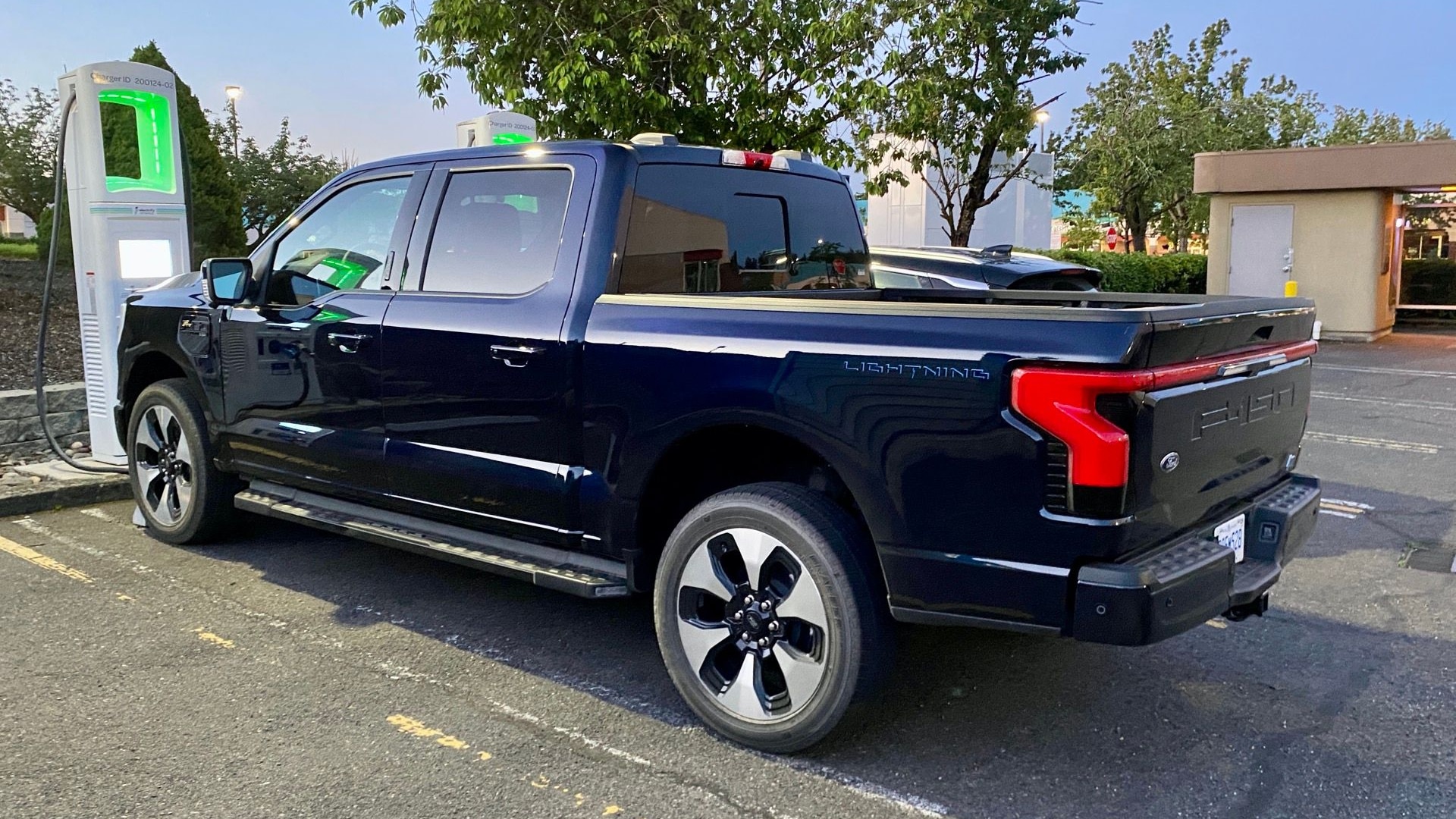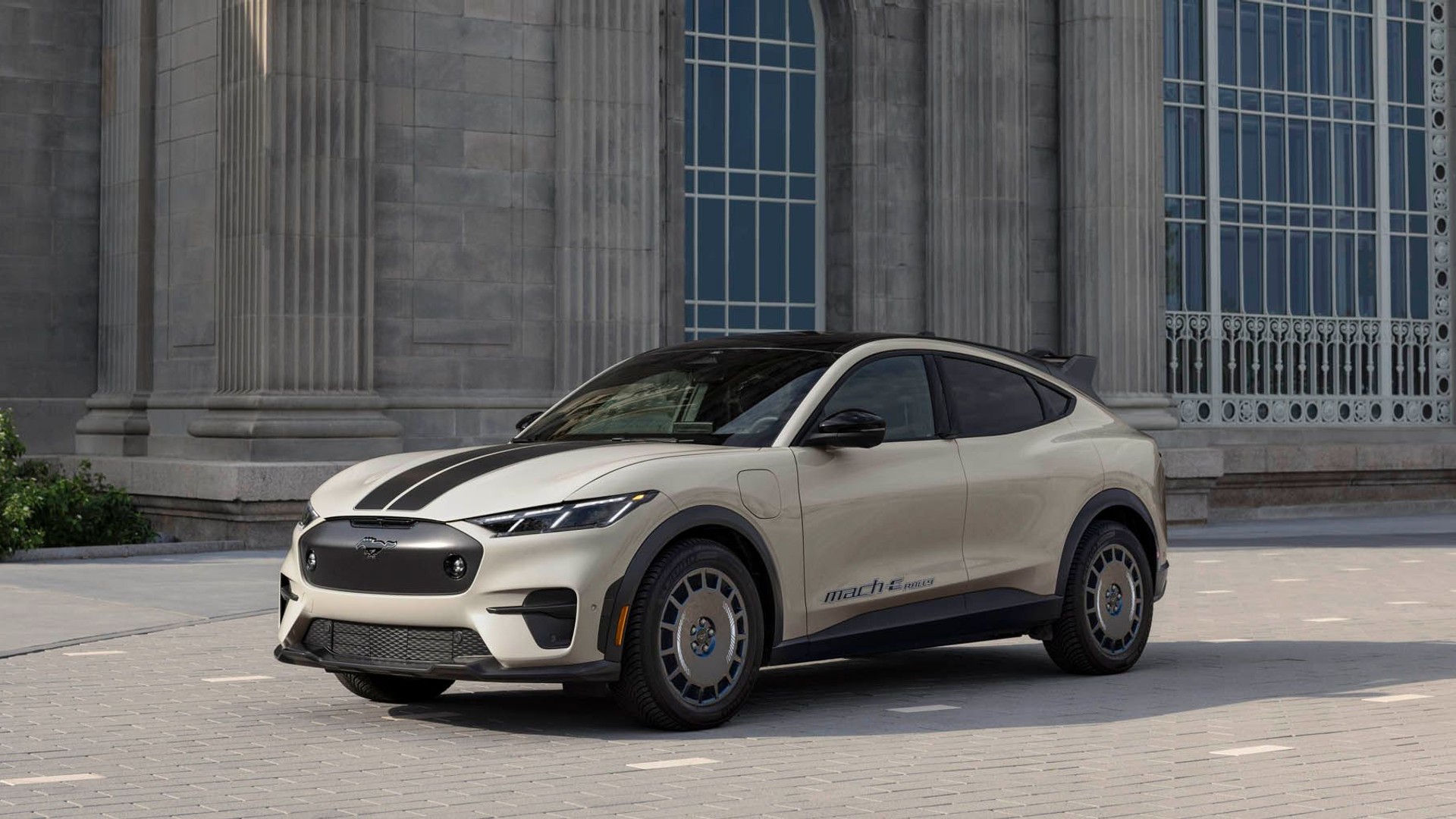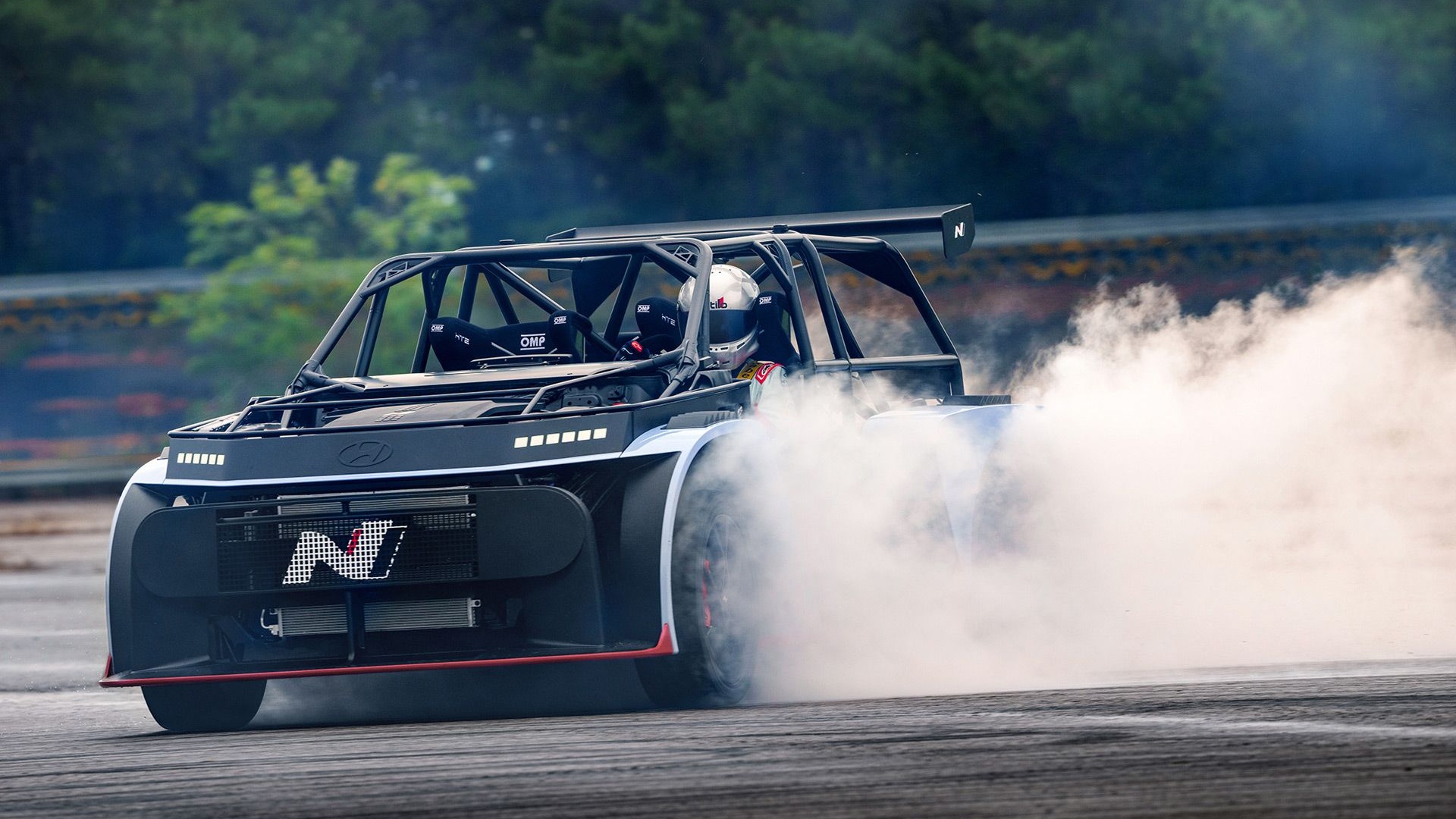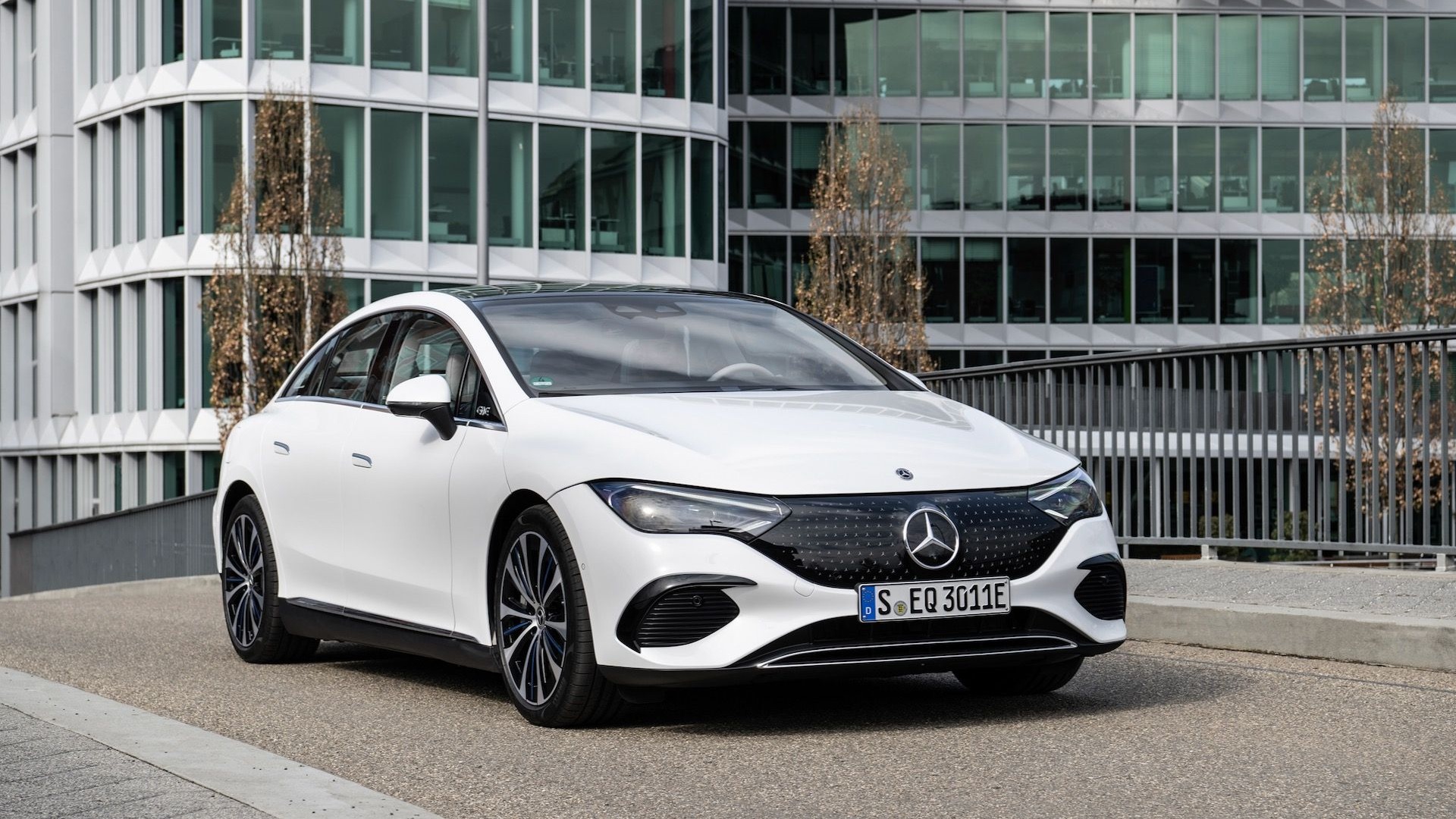The dominos continue to fall as more and more carmakers are investigated for accuracy in their testing of emissions and fuel economy over longer periods of time.
While European buyers had complained for years that EU fuel-economy ratings diverged from real-world results, nothing much happened until last year on that front.
Then the Volkswagen diesel-emission cheating scandal broke in mid-September—and nothing's been the same since then.
DON'T MISS: Emission, fuel-economy test issues spread: Mitsubishi, Daimler, others being investigated
Up to 11 million VW Group products from Audi, Porsche, Volkswagen, and other brands proved to contain "defeat device" software that circumvented emission controls in on-road use.
And diesel vehicles from other makers are being investigated by various agencies and countries as well.
Now an increased focus on validating test results and comparing them to real-world results is expanding to fuel-economy ratings as well.
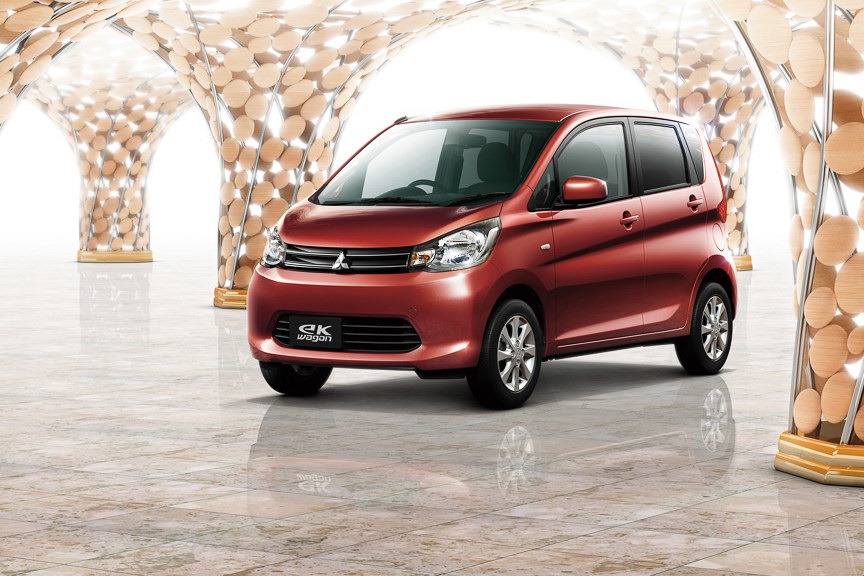
Mitsubishi eK
Last week, Mitsubishi admitted it had overstated fuel economy on 157,000 minicars it sold in Japan over the last three years.
Nissan sold 468,000 more of the cars under its own brand, and its own tests brought the discrepancy to light.
Mitsubishi has stopped making and selling the four models. But that turned out to be just the start of the story.
CHECK OUT: 2017 Mitsubishi Outlander Plug-In Hybrid delayed again, specs may change
Mitsubishi has now admitted to Japanese regulators that it used the wrong test routines to rate its fuel economy—and had been doing so since 1991, according to the BBC.
Japanese tests were altered that year to reflect the greater demands of urban driving, with frequent stops and starts, but Mitsubishi never made the switch, it said.
The company has opened an inquiry, led by three external lawyers, into what happened and how. "I feel a great responsibility," said Tetsuro Aikawa, president of Mitsubishi Motors.

2017 Mitsubishi Outlander PHEV
The company's stock lost half its value last week, almost $4 billion, as the scandal expanded.
Then on Tuesday, the U.S. Environmental Protection Agency asked Mitsubishi to provide additional information on its testing of the various models it has sold in the U.S.
The EPA will direct the carmaker to conduct additional coast-down tests, it said, according to Reuters.
Mitsubishi said in a statement that day that it had used "appropriate methods" in calculating the U.S. fuel-economy results that it submitted to the EPA for certification.
The agency declined to respond to questions about whether it suspected Mitsubishi of wrongdoing or planned to conduct its own tests of the vehicles in question.
UPDATE: This story was originally published the last week of April. On April 27, Mitsubishi issued a statement saying it had audited its fuel-economy test procedures for all its 2013 through 2017 models sold in the U.S., and confirmed that "fuel-economy testing data for these U.S. market vehicles is accurate and complies with established EPA procedures.”
The company said it had submitted the results of its audits to the U.S. Environmental Protection Agency, the California Air Resources Board, and the U.S. Department of Transportation. The EPA has yet to confirm the results.

2017 Mitsubishi Mirage G4
Mitsubishi is widely considered the weakest automaker selling in the U.S. market.
Its current volume models are the Outlander Sport compact crossover SUV, the Outlander midsize crossover, and the small and inexpensive Mirage minicar, an unexpected sales success for the brand.
Its planned introduction of an Outlander Plug-In Hybrid model has been delayed multiple times, and is now three years overdue; the latest planned launch date is late this year.
_______________________________________




